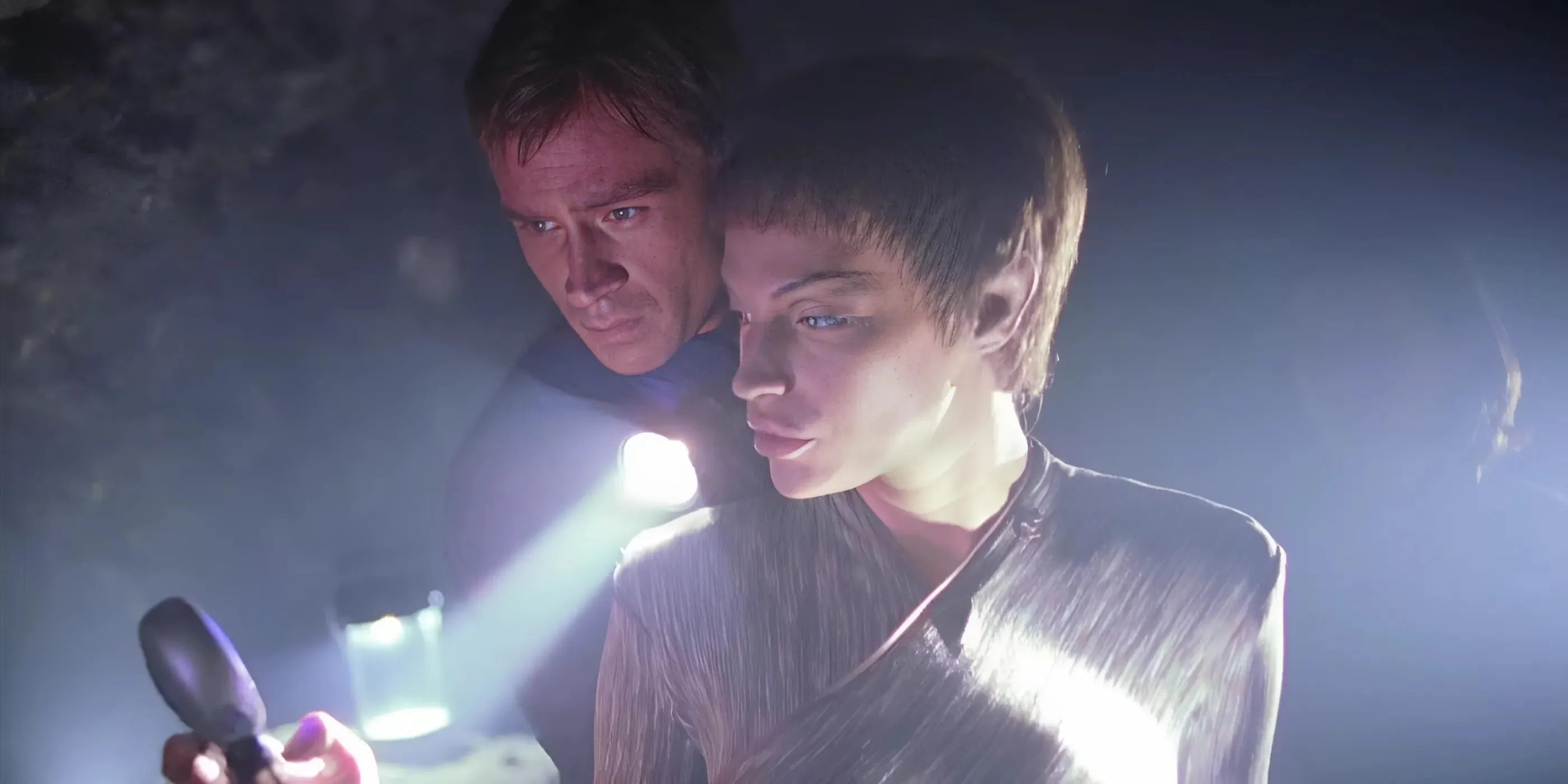Neil Druckmann, studio head and head of creative at The Last of Us developer Naughty Dog, feels the dawn of more powerful AI tools will "revolutionize how content is being created."

Opining on the technology during an interview with Naughty Dog parent Sony, Druckmann acknowledged there are some "ethical issues we need to address" where AI is concerned, but says it could open the door for studios or "to take on more adventurous projects and push the boundaries of storytelling in games."
Druckmann didn't name-drop any AI tools or technology specifically, but his comments come at a time when major companies like Microsoft and EA are hot on the prospect of leveraging generative AI to streamline game production.
Druckmann advocates fundamentals over tools
The Naughty Dog boss echoed some of those sentiments, and indicated AI usage will could help when it comes to "reducing both costs and technical hurdles." For aspiring creators who might come to view AI tech as the norm, Druckmann encourages "mastering fundamentals over tools" and claims it's vital to understand the craft.
"With AI, your creativity sets the limits. Understanding art history, composition, and storytelling is essential for effective direction. Tools evolve quickly—Some tools once essential, now are obsolete," he said. "At Naughty Dog, we transitioned from hand-animating Jak and Daxter to using motion capture in Uncharted, significantly enhancing our storytelling. AI will allow us to create nuanced dialogues and characters, expanding creative possibilities. However, it's crucial to precisely direct these tools to achieve the intended outcomes."
Discussing how other emerging technologies might bridge the divide between video game and other media, facilitating more 'transmedia' storytelling, Druckmann expects we'll soon be able to lift assets directly from video games for use in other mediums.
"The translation of game assets to other media will become easier as they become more realistic. You may be able to lift an environment from a game to put into other media directly or allow actors to see and interact with the environments through headsets," he said.
"Technological advancements also support global collaboration and real-time feedback. Remote work tools, crucial during the pandemic, have reduced travel and streamlined production processes. For example, I've been able to oversee the production of The Last of Us Season Two from LA via phone or computer, while it shoots in Canada."
HBO's adaptation of The Last of Us was a huge success, winning critical acclaim for the broadcaster while also boosting game sales. A second season is currently in production.



